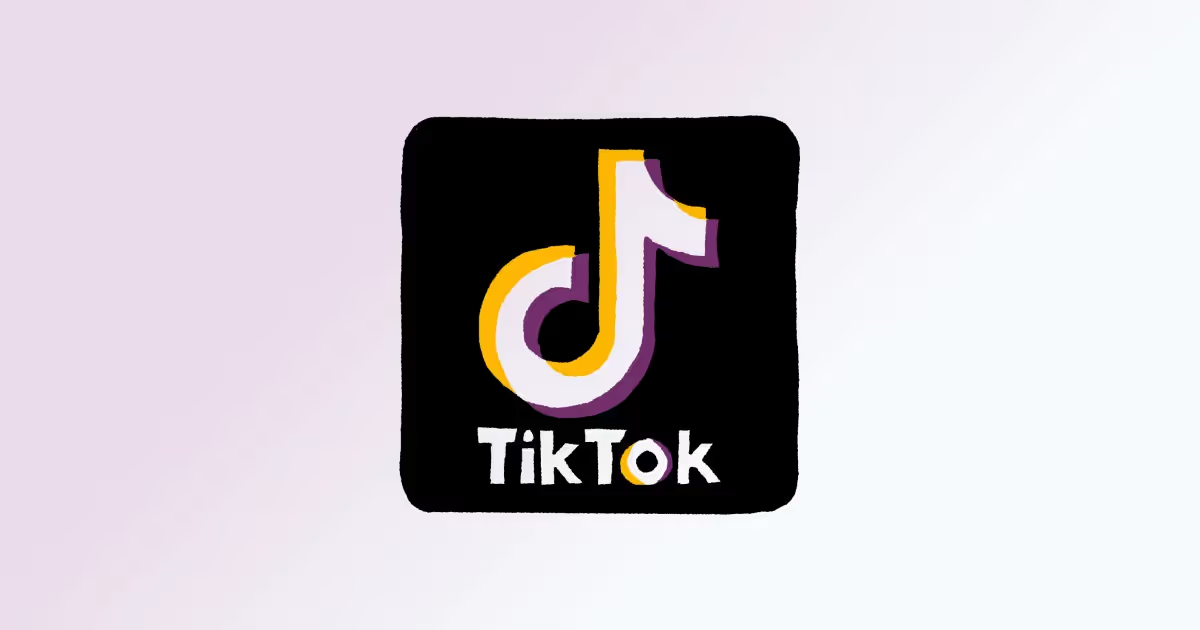While it’s true that SEO takes time to ramp up, it doesn’t mean that the first conversions you generate from SEO will be after 6 months. In fact there are numerous ways you can approach SEO in your marketing strategy with a view to generating some converting traffic in the short-term, while also building towards long-term SEO success.
There's a lot of noise in and around SEO - whether that's link building, technical SEO, keyword research, on page seo, SEM (search engine marketing) search engines, Google Analytics, Google Search Console, meta tags, content marketing, and more (the list is endless!) - but this article is intended to cut through the jargon of online marketing and provide three actionable tactics to bring in sales or leads from a SEO strategy inside a six month timeframe.
1. Start from the bottom of the long-tail
Long-tail keywords are search terms that tend to be longer, more specific and have lower search volume than the major ‘head’ search terms in an industry. For example, “chicken soup” is a head term with 22,200 searches a month and “how to make spicy chicken soup” is a long-tail term with 10 searches.

While it will likely take you many years to rank first place in Google search results for “chicken soup” you might be able to rank first for “how to make spicy chicken soup” if you’re prepared to write specific content for that very limited audience.
To make the economics of this strategy work better, you could also ensure that you’re hitting adjacent long-tail terms such as “Chinese spicy chicken soup” and “spicy chicken soup ingredients” when relevant and possible.

Combining these long-tail keywords together may mean that by writing one article, you can reach an acceptably-sized, under-competed audience in the short term.
2. Be the first to a new topic
If you’re a new entrant into an industry then you’ll naturally find it difficult to rank for the high-volume terms in your industry, even with a top SEO consultant on board. Your competitors will have spent a lot of time and money getting to those top spots, so the competition is fierce.
Indeed, the average page age of a top-ranking Google (yes, we know other major search engines are available!) result is 940 days. This shows that even when search terms are viewed on average, the top ranking pages are typically from relatively mature companies (ie at least 3 years old).

However, when a new topic enters the industry the playing field is much more even. Of course your competitors’ on-site SEO and domain authorities will give them an advantage, but the potential for quality content to win the ranking is much higher.
New topics may enter your industry when, for example, a new regulation is announced, or a new operating system launches.
To give a specific example of this in a marketing strategy, Forward Partners-backed startup EmpowerRD ranks in the midrange for many terms in the UK government funding field, but for “CBILS”, the COVID business funding package, they are first. That’s unsurprising given that CBILS was announced after they were founded, and so they could compete for the term on relatively equal terms as soon as the policy was announced.
3. Use the Difficulty and Priority metrics in Moz to find market gaps
After establishing your list of target keywords, be sure to run that list through Moz Pro.
In Moz Pro you can check the “Difficulty” and “Priority” of your various keywords. Difficulty relates to the competition for the keyword. Priority calculates the value of targeting the keyword as a factor of potential traffic and difficulty achieving top spots.
You might find when looking at these metrics that some "head terms'' are worth targeting in the short term. This could be simply because the market has not yet perfectly allocated resources, or that due to your product niche there are some search terms which are uniquely relevant and profitable for you.
Top Tip: If you’re not a paid Moz Pro user already, or your SEO specialist doesn't have access, you can sign up for a month’s trial to make use of this feature before you decide on your content plan. A lot of SEO tools and SEO services offer this sort of free trial too.







